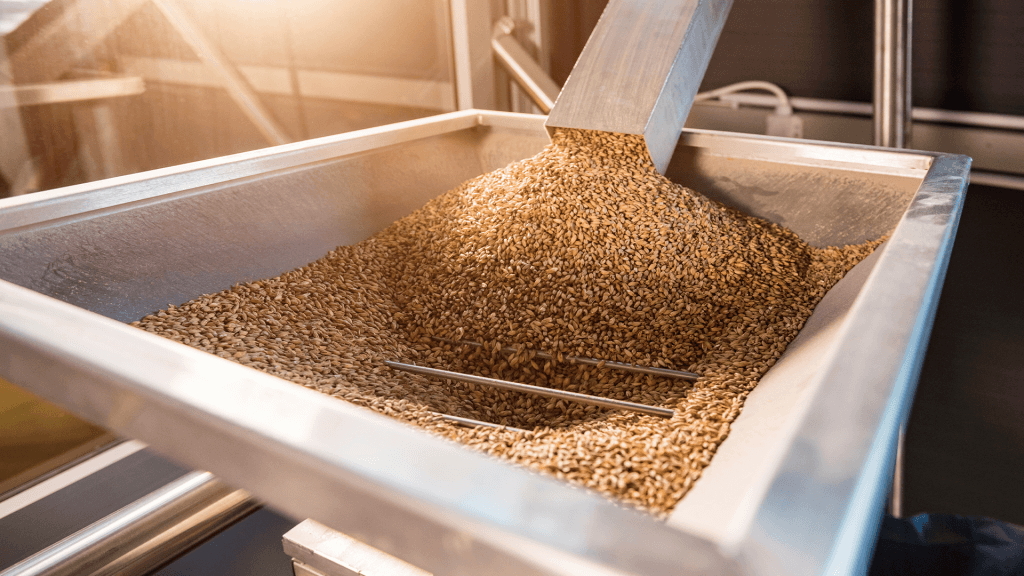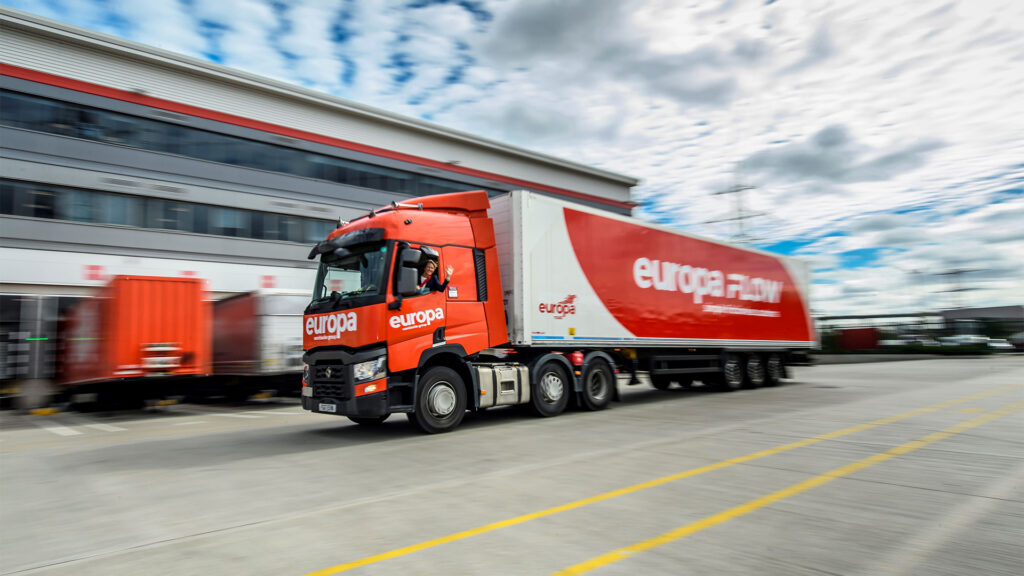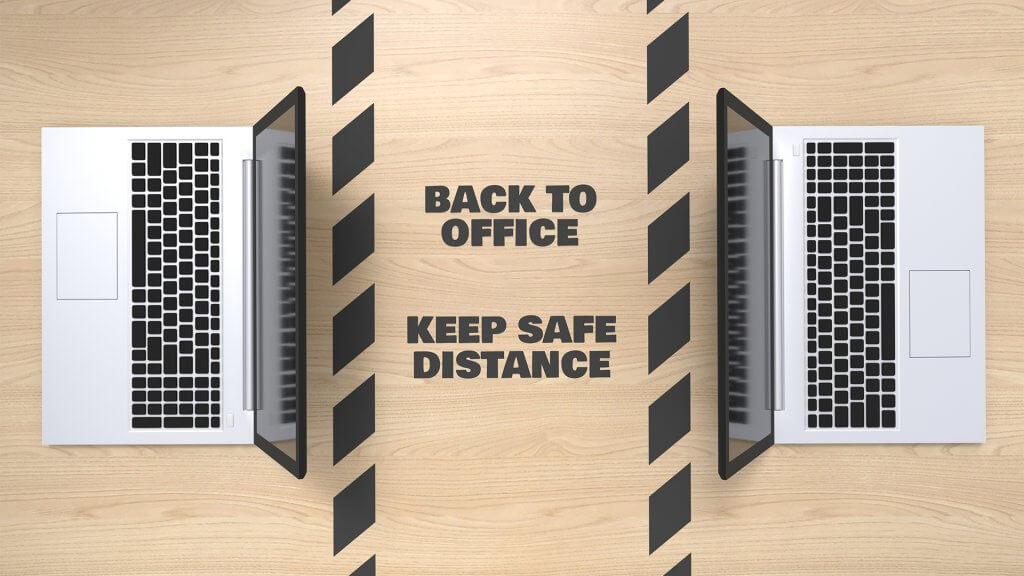Many countries use POS systems to deal with business expansion and the growing competition between industries. This system successfully streamlines all operations and increases efficiency of the same. According to Research and Markets, the POS software market in Europe forecasts a CAGR of 9.2% between 2021-2028.
What is a POS system?
A POS (point of sale) is the place or time where a customer transaction occurs. For retailers, this is important as it records transactions and helps predict sale trends. If incorporated rightly, this POS system can potentially up the experience of the retail business. The following are the advantages of using it.
7 Benefits of POS systems in retail businesses
There are many notable benefits that a POS system brings to the table. Anything which speeds up work and streamlines management is a win-win, especially in the retail sector. Therefore, POS systems are the need of the hour for businesses, and the following reasons are exactly why.
Efficiently runs your business
Retail businesses find themselves running short of time to manage operations and fulfill orders. Not everyone is patient enough to stand in queues, and no one really enjoys manually billing each and every item. For example, in coffee stores, people who usually pick up their standard order in the morning on their way to work can speedily get the entire order placed and ready to go via a coffee POS.
Upon scanning, the screen automatically shows the product name, type, quantity, price, and other needed data. The person at the billing counter doesn’t have to enter these details by themself. When it comes to returns or cancelled orders, a POS system quickly processes those and increases the inventory count in minutes. This helps retailers be more in tune with the products available.
Straightforward inventory management
Retailers need better inventory management mechanisms to manage stocks. Even better if they are able to update stocks in real time. This is beneficial for retailers when it comes to checking the availability of a product the customer needs. Many a time, when customers don’t find what they want in one store, they quickly jump to the next nearby store. Business owners don’t wish to drive away potential buyers or lose them to competitors.
A POS system is beneficial to a retail business as it has the feature of adding all product-related data to its database. In case of unavailability in one store, retailers can check the status on the system and see in which branches it is there. In case of products running out, they can quickly stock up and drive more sales.
Streamlines employee management
POS systems are managed overall by people who are involved in sales. Business owners can evaluate the sale capacity of each employee based on their data in the POS system. Based on the data, employees can be allotted tasks and rewarded for their performance on a regular basis. Employees who show record sales can be allotted higher tasks, and more people will be encouraged to perform better.
For people who are keen on improving their performance on the job can be updated on what is required of them to do so. Statistics that are recorded on the systems keep people informed on their progress and monthly sales. Engaged employees collectively improve the overall working style of the business. collectively improve the overall working style of the business.
Makes the business accessible from anywhere in the world
POS systems can also be cloud-based, enabling retailers to take their business with them wherever they go. On a mobile device, the business owner can track sales and check the status of the employees on the job. It breaks the need for the physical presence of the retailer in stores and saves time gone into managing the store.
Improves customer relationships and satisfaction scores
POS systems are built to store customers’ data, like their basic information. On birthdays, anniversaries, and other occasions, retailers can offer discounts or special coupons to those customers and make their day memorable. Furthermore, during sales, the same data can be used to update people.
Instead of focusing more on managing orders and products, the staff can pay special attention to people at the store. They can also suggest follow-up products to them based on the purchase history. Shoppers are always on the lookout for stores and brands that provide a personal touch throughout the shopping experience. There are many ways to do that on a POS system.
Secures customer data
Safety measures are needed when data is being stored, as legalities are also involved here.. Companies are more responsible for protecting the card details of their customers, even on the system. In a POS system, data is stored in Cloud, unaffected by any malware or glitching systems. Even in offline mode, businesses can carry on with their day as transactions continue being recorded and are automatically synchronized once the internet connection is restored.
Smoothens business operations
Collecting information about shoppers and accessing their purchase history is helpful in predicting purchase trends. You can analyse the performance of products and stock more quantities of the same on your shelves. You can also observe the hours during the day or the days when business is at its peak and manage employees accordingly. Doing so will keep your store running smoothly and keep your clientele happy.
POS systems in retail: embracing futuristic opportunities
The ease of shopping and the customer experience plays a major part in the survival of any retail business. Time-saving, employee management, data safety, and much more are also needed today. Amidst all challenges and insecurity, businesses enclasping POS systems are ensuring that they are up and running for the future too.






























